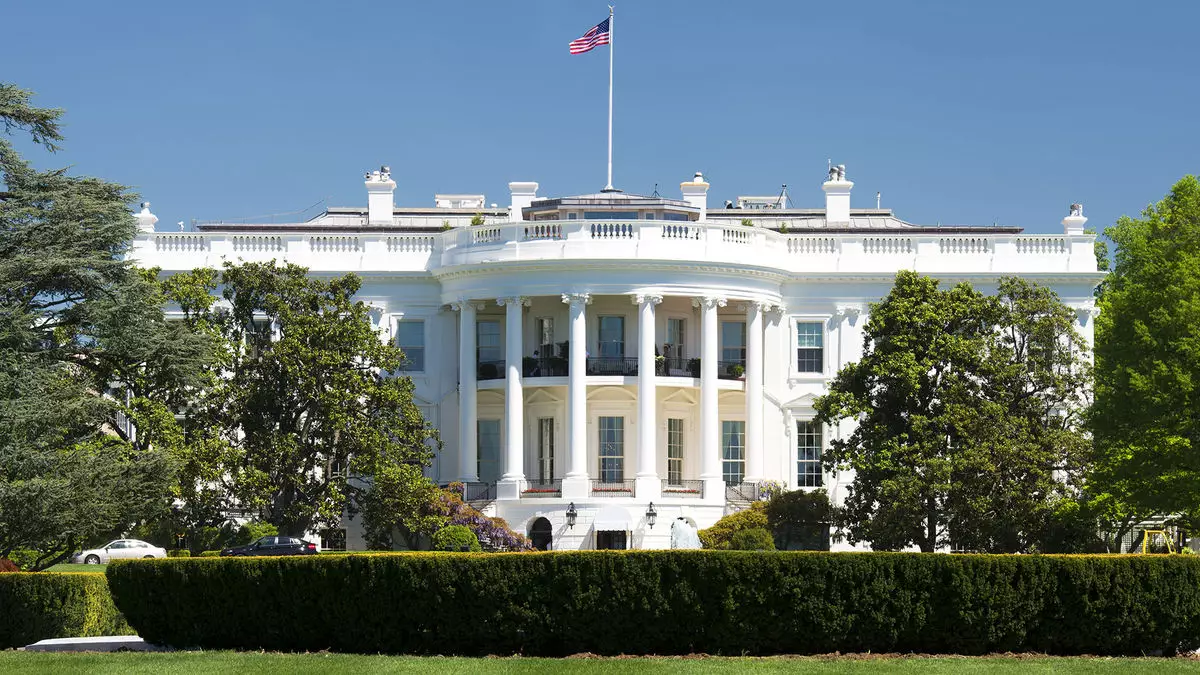The political arena is constantly evolving, and with President Donald Trump securing a second term, the dynamics surrounding travel policy are in a state of flux. The American Society of Travel Advisors (ASTA) finds itself at a crossroads, advocating for the interests of travel advisors amid these changes. While transitions in presidential administrations often come with their own set of challenges and opportunities, ASTA’s steadfast mission to support travel advisors remains unwavering.
ASTA’s Commitment to Advocacy
Despite the whirlwind of activity revolving around new Cabinet appointments and shifting leadership in Congress, ASTA’s core commitment to advocating for travel advisors continues to shine through. Jessica Klement, the Society’s Vice President of Advocacy, encapsulates this sentiment, emphasizing, “You advocate for travel advisors. That’s it, full stop.” This clarity of purpose is critical as ASTA navigates the uncertain waters of a new administration, which historically brings a mix of opportunities for dialogue and potential threats to established practices.
Klement points out a silver lining in the changing political landscape: the potential for a more business-friendly atmosphere that could be more conducive to ASTA’s priorities compared to the previous administration. “I do think we have a new opportunity to make a business case on some policy issues,” Klement asserts, highlighting an optimism towards the Trump administration’s willingness to embrace some of the organizational requests that had been dismissed or ignored by the Biden administration.
A primary point of contention for ASTA is the Department of Transportation (DOT) regulation concerning the “merchant of record” responsible for issuing refunds to airline passengers. Typically, travel agencies do not hold this “merchant” status, making it a nuanced issue. However, Klement argues that when travel advisors do possess the ticket funds, they should not be unduly pressured to bear the refund burden, which ought to belong to the airlines. The current regulation has been a significant sticking point, and ASTA hopes to engage the Trump administration in reconsidering these rules for a more equitable resolution.
Furthermore, the ongoing reforms under the Department of Labor concerning overtime pay present another source of concern. The rule elevating the salary threshold for guaranteed overtime is set to rise to $58,656 shortly. This increase is essential for protecting workers rights but can also pose challenges for businesses in the travel sector, especially small agencies trying to adapt to higher operational costs. Klement acknowledges the historical context of these regulations, noting how a similar rule was blocked during the previous Trump administration. This cyclical tug-of-war illustrates the volatility travel businesses must contend with with each new administration.
In addition to these pressing issues, ASTA is keeping a keen eye on the discussions surrounding travel bans and emerging legislation aimed at combatting unnecessary extra fees, colloquially dubbed “junk fees.” The organization is also actively campaigning for a representation on the DOT’s Aviation Consumer Protection Advisory Committee, a move essential for ensuring that travel advisors have a voice in critical regulatory dialogues.
With the changing political tide, Klement urges ASTA members to engage proactively with their local representatives. Simple gestures such as sending congratulatory notes to newly elected officials can foster goodwill and strengthen the advocacy network that ASTA relies on. Such outreach is pivotal in ensuring that travel advisor concerns are front and center in legislative discussions.
The Future for Travel Advisors
Though many uncertainties lie ahead with the new administration at the helm, ASTA remains committed to its mission of protecting and advocating for travel advisors. The landscape may shift and evolve, but the core goal of ensuring that travel advisors are equipped to succeed in their endeavors remains constant. With a strategic focus on crucial policy changes and ongoing engagement with lawmakers, the future may hold new opportunities for travel advisors under the Trump administration’s guidance. Ultimately, the society’s ability to adapt and respond to these changes may determine how well it can safeguard the interests of its members in the coming years.


Leave a Reply